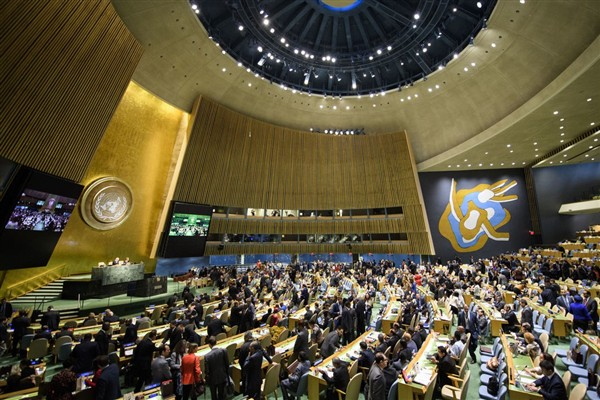Migration wave to the West… With the war, an important migration wave from Ukraine and Russia to the West has started. Three million migrants have so far fled the war in Ukraine, and more than half have gone to Poland. Since the start of the war on February 24, Poland has welcomed more than 1.8 million refugees and increased its population by 4.8%. After an earlier wave of immigration after Russia's annexation of Crimea in 2014, Poland already had a sizable Ukrainian diaspora. As the war continues, the movement of people can be much higher.
Number of Ukrainian refugees crossing to neighboring countries:
Poland (2 million 144 thousand 244)
Romania (555 thousand 21)
Moldova (371 thousand 104)
Economic repercussions for the EU… This raises questions about the long-term fate of migrants and what further the European Union can do to support host countries like Poland. The European Union has granted permanent residents of Ukraine "temporary protection", giving them rights such as the right of residence, access to the job market, social assistance and medical care. The EU has so far allocated 500 million euros ($547 million) for humanitarian aid to Ukraine. It is stated that an existing crisis response fund could reach up to 10 billion euros ($11 billion) to help EU countries support displaced people. According to the Economist Intelligence Unit, the entry of 5 million immigrants could cost the EU $55 billion in 2022 alone.
European economies still have to deal with recovery from the pandemic, supply chain shortages and high inflation. While providing short-term assistance to families temporarily displaced by war may be costly, in the long run the cost of integrating millions of people will be much greater and place an enormous strain on housing, education and health systems. While a massive influx of workers, especially skilled ones, will increase a nation's output over time, it can intensify competition in the job market. The need for shelter, fuel, food, healthcare and more will exacerbate supply shortages and drive inflation higher. This will cause the spending power to decline in the short run if wages do not rise. New labor influx from Ukraine is likely to reduce real wages through competition in the labor market, which means impoverishment for the majority of households in an inflationary environment.
Conclusion? In the longer term, EU countries will have to decide whether to offer permanent asylum to migrants and how to redistribute aid funds across the bloc to ease the burden on primary hosts such as Poland, Hungary, Slovakia, Romania and Moldova. This includes both financial assistance and resettlement of refugees. If Russia succeeds in its invasion and installs a pro-Kremlin government, immigrants are much less likely to return home. However, if a solution is found that will also establish Ukraine's sovereignty, as Western allies hope, many of the migrants may choose to return home and embark on the long task of rebuilding their war-torn country. What happens over the next few months will determine whether Europe will face the additional costs of a major resettlement with the potential to reshape the economic landscape.
Kaynak: Tera Yatırım
Hibya Haber Ajansı





